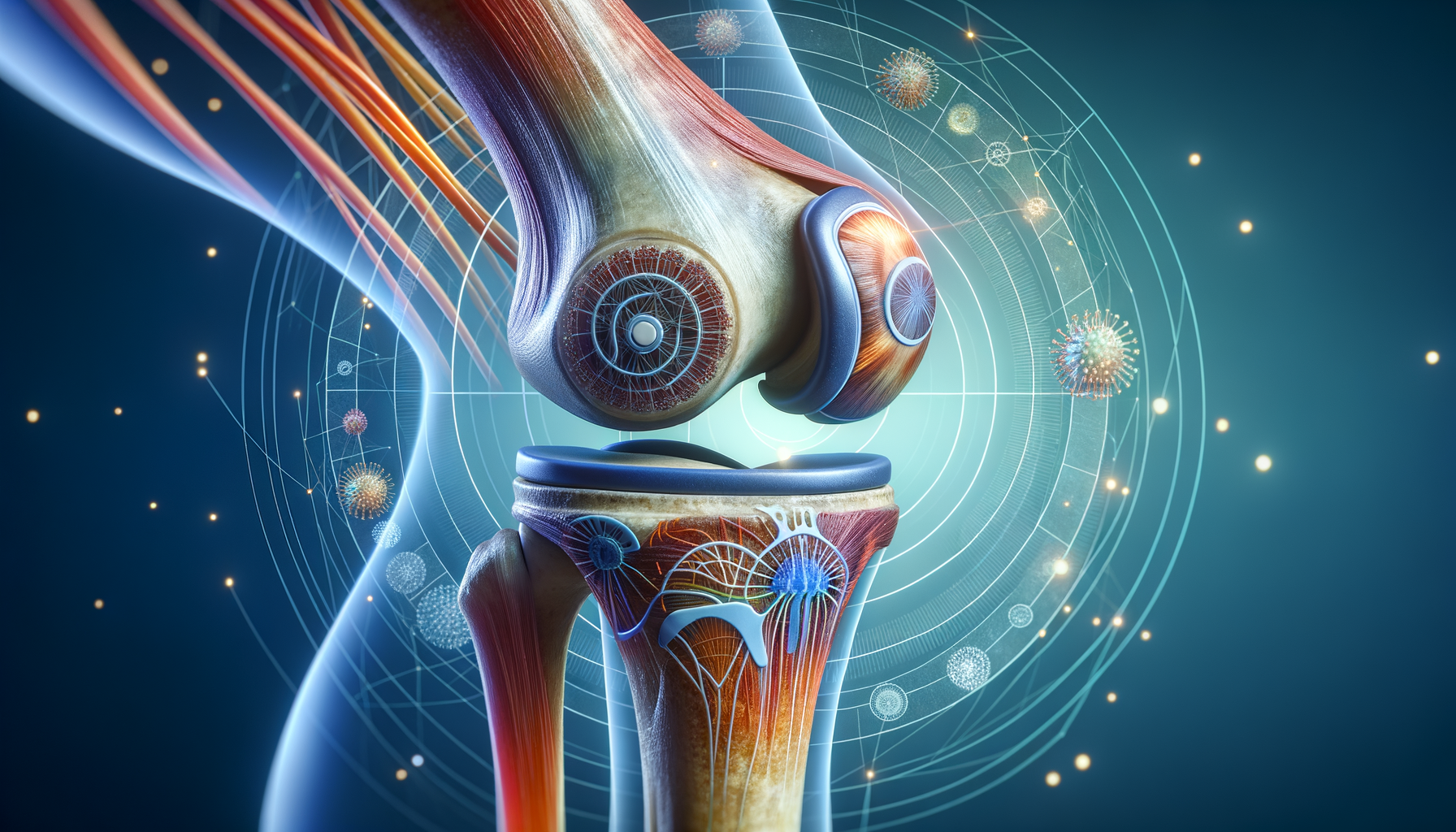Introduction to Knee Pain and Its Impact
Knee pain is a common ailment that affects people of all ages. Whether it stems from an acute injury, a chronic condition, or degenerative changes, the discomfort can significantly impact one’s quality of life. Understanding the role of a knee pain specialist is crucial in navigating the path to relief and recovery.
Knee pain can arise from various causes, including arthritis, ligament injuries, cartilage damage, and tendonitis. Each condition requires a tailored approach for effective management. The knee pain specialist plays a vital role in diagnosing the underlying cause, providing targeted treatments, and offering long-term management strategies.
In this article, we will explore the significance of seeking a knee pain specialist, the diagnostic processes involved, and the treatment options available to patients. By the end, readers will have a comprehensive understanding of how to approach knee pain and the benefits of specialized care.
Why Consult a Knee Pain Specialist?
Consulting a knee pain specialist is essential for several reasons. First and foremost, these professionals have extensive training and expertise in diagnosing and treating knee-related issues. They are well-versed in the complexities of knee anatomy and can pinpoint the specific cause of pain more accurately than a general practitioner.
Furthermore, knee pain specialists are equipped with advanced diagnostic tools and techniques. From imaging studies like MRI and X-rays to physical examinations, they utilize a comprehensive approach to assess the condition of the knee. This thorough evaluation ensures that the treatment plan is tailored to the individual’s unique needs.
Additionally, a knee pain specialist can offer a range of treatment options, from conservative measures such as physical therapy and medication to more invasive procedures like injections or surgery. Their goal is to provide the most effective and least invasive treatment possible, ensuring optimal recovery and pain relief.
Diagnostic Processes in Knee Pain Management
The diagnostic process in knee pain management is a critical step in formulating an effective treatment plan. A knee pain specialist begins with a detailed medical history and a thorough physical examination. This initial assessment helps in identifying any obvious signs of injury or deformity.
Imaging studies play a pivotal role in the diagnostic process. X-rays are often used to assess bone alignment and detect fractures or osteoarthritis. MRI scans provide detailed images of soft tissues, helping to identify ligament tears, cartilage damage, or meniscus injuries. In some cases, ultrasound may be used to evaluate tendons and surrounding structures.
In addition to imaging, the specialist may perform diagnostic injections to pinpoint the source of pain. By injecting an anesthetic into specific areas of the knee, they can determine which structures are contributing to the discomfort. This targeted approach ensures that the treatment plan addresses the root cause of the pain.
Treatment Options for Knee Pain
Once a diagnosis is established, the knee pain specialist will develop a personalized treatment plan. Treatment options vary depending on the underlying cause and severity of the pain. Conservative treatments are typically the first line of defense and may include:
- Physical therapy: Exercises to strengthen the muscles around the knee, improve flexibility, and enhance overall function.
- Medications: Nonsteroidal anti-inflammatory drugs (NSAIDs) or corticosteroids to reduce inflammation and relieve pain.
- Bracing or orthotics: Supports to stabilize the knee and alleviate pressure on affected areas.
For more severe cases, interventional procedures may be necessary. These can include:
- Injections: Corticosteroid or hyaluronic acid injections to reduce inflammation and lubricate the joint.
- Arthroscopy: A minimally invasive surgical procedure to repair or remove damaged tissue.
- Knee replacement surgery: In cases of advanced arthritis or significant joint damage, a partial or total knee replacement may be recommended.
Conclusion: Empowering Patients Through Specialized Care
In conclusion, seeking the expertise of a knee pain specialist is a crucial step in managing and alleviating knee pain effectively. These professionals provide a comprehensive approach to diagnosis and treatment, ensuring that patients receive the most appropriate and effective care for their condition.
By understanding the importance of specialized care, patients can make informed decisions about their treatment options and take proactive steps toward recovery. Whether through conservative measures or advanced interventions, a knee pain specialist is dedicated to helping patients regain mobility, reduce pain, and improve their quality of life.








